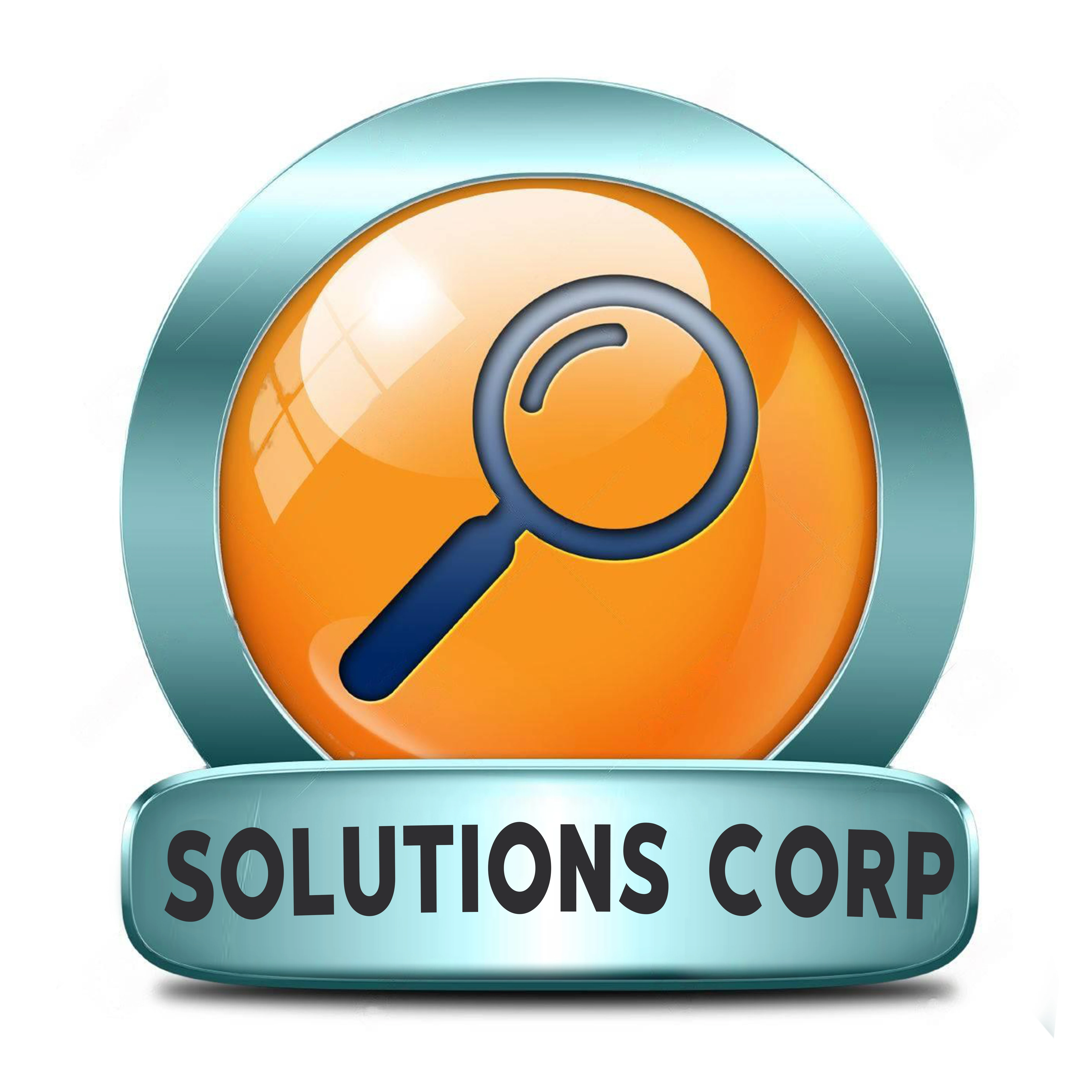Human Resources (HR) policies and compliance refer to the set of guidelines, rules, and procedures established by an organization to manage its workforce effectively and ensure adherence to legal and regulatory requirements. Here’s a detailed description of HR policies and compliance:
HR Policies: HR policies are formal guidelines that outline how various aspects of human resource management are to be handled within an organization. These policies serve several purposes:
-
Establishing Standards: HR policies set clear expectations and standards for employee behavior, conduct, and performance. They define acceptable and unacceptable practices in areas such as attendance, performance management, and workplace behavior.
-
Promoting Consistency: By providing standardized procedures and guidelines, HR policies promote consistency in decision-making and treatment of employees across the organization.
-
Protecting the Organization: Policies help mitigate risks by outlining procedures for handling issues such as employee grievances, discrimination, harassment, and disciplinary actions. They also establish protocols for compliance with labor laws and regulations.
-
Supporting Strategic Goals: HR policies align with the organization’s strategic objectives by guiding behaviors and practices that contribute to achieving business goals. For example, policies on talent management and development support efforts to build a skilled and motivated workforce.
-
Ensuring Fairness and Equity: Policies promote fairness and equity in the workplace by outlining procedures for recruitment, compensation, benefits, and promotion based on merit and performance.
Examples of common HR policies include:
-
Recruitment and Selection: Guidelines for attracting, assessing, and hiring candidates, ensuring compliance with equal employment opportunity laws.
-
Employee Code of Conduct: Rules governing expected behaviors, ethics, and standards of professionalism in the workplace.
-
Performance Management: Procedures for setting goals, conducting evaluations, and providing feedback to employees.
-
Compensation and Benefits: Policies related to salary structure, bonuses, incentives, and employee benefits such as health insurance and retirement plans.
-
Leave and Attendance: Guidelines for requesting and approving leave, managing attendance, and addressing absenteeism.
Compliance: HR compliance refers to the adherence to laws, regulations, and industry standards governing employment practices and workplace policies. Key aspects of HR compliance include:
-
Legal Requirements: Ensuring compliance with federal, state, and local laws related to employment, labor relations, equal opportunity, wage and hour regulations, workplace safety, and privacy (e.g., GDPR, HIPAA).
-
Regulatory Reporting: Meeting reporting requirements mandated by government agencies, such as filing tax documents, submitting employment data, and responding to audits.
-
Policy Enforcement: Implementing procedures to enforce HR policies and address violations or misconduct through disciplinary actions, grievances, or legal measures.
-
Training and Awareness: Providing training and education to employees and managers on compliance requirements, policies, and ethical standards.
-
Monitoring and Auditing: Conducting regular audits and reviews to ensure policies and practices align with legal requirements and industry standards.
Importance: Effective HR policies and compliance management are crucial for several reasons:
-
Risk Mitigation: They help minimize legal risks, liabilities, and potential lawsuits resulting from non-compliance with labor laws and regulations.
-
Employee Trust and Morale: Clear and fair policies contribute to a positive work environment, fostering trust, transparency, and employee morale.
-
Organizational Reputation: Compliance with laws and ethical standards enhances the organization’s reputation as a responsible employer and business partner.
-
Operational Efficiency: Streamlined HR processes and adherence to compliance requirements improve efficiency in managing workforce-related activities.
In summary, HR policies and compliance form the foundation for effective human resource management, supporting organizational objectives while ensuring legal and ethical standards are met in all aspects of employee relations and workforce management.





